
Small Business Exemption from FFCRA? Not so Fast!
One of the questions we’re asked most frequently lately is whether small employers can just decide to “opt out” of their obligations to employees under the Families First Coronavirus Response Act (FFCRA). Not really.
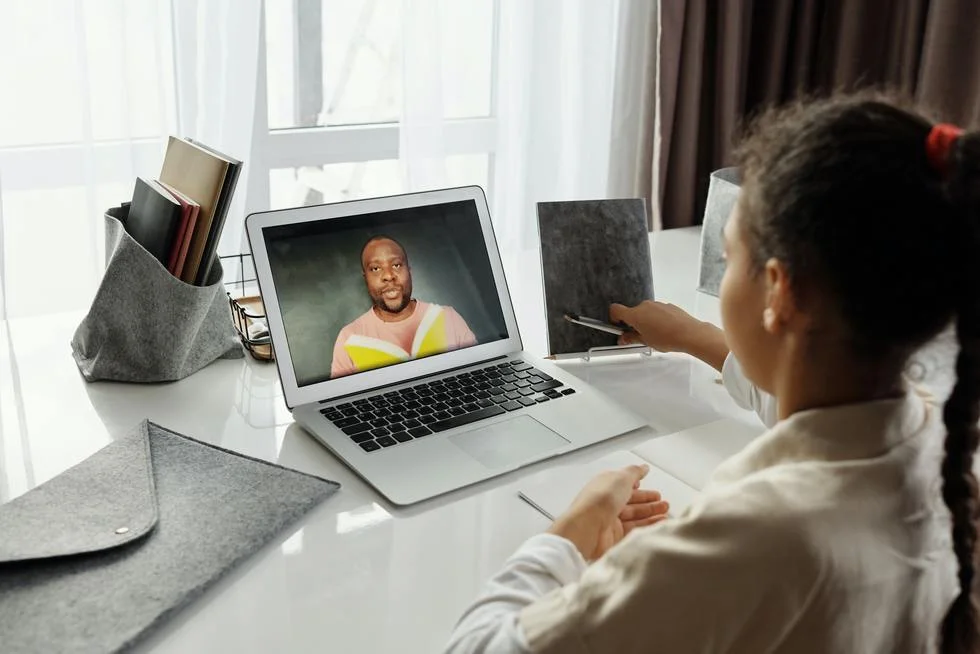
School is In, But What About Work?
Now that school has resumed for fall, working parents are again having to juggle work, childcare, and schooling. We want to be sure your workplace rights aren’t another source of confusion, so in this blog we revisit the Families First Coronavirus Act (FFCRA) and boil down some key questions and answers the Department of Labor recently clarified about Extended Family Medical Leave (EFML) related to child care and schooling.
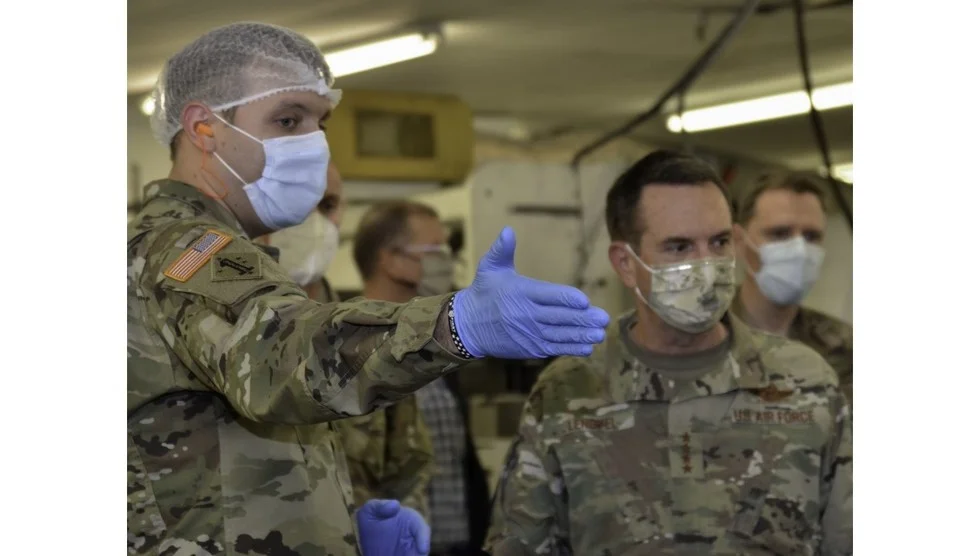
If Called to Military Duty Because of COVID-19, Know Your Employment Rights
American Guardsmen and Reservists have been called to duty to help with a variety of functions related to stemming the tide of the ongoing COVID-19 pandemic. The duties vary by location, but many of you have probably seen military personnel assisting with drive-through COVID-19 testing sites.

More Good News for LGBTQ Community
On August 17, a federal judge in New York ordered the U.S. Department of Health and Human Services (HHS) not to interfere with anti-discrimination protections for LGBTQ patients by pushing forward with rules that the Trump administration wanted to take effect today. The jurist said that the new HHS rules are likely in conflict with the U.S. Supreme Court’s (SCOTUS) decision that federal law bans workplace bias based on sexual orientation and gender identity.

Good News for Gig Workers – In California
In employee-friendly California, a Superior Court judge ruled that drivers for Uber and Lyft should be reclassified as employees rather than independent contractors. This is important for workers because employees receive job protections that are not granted to independent contractors. These protections include sick leave, wage minimums, workers compensation eligibility, unemployment eligibility, and other job protections.
Pandemic Business Safety Act: Abandon Hope, All Ye Who Enter Here.
Every business doesn’t deserve a big fuzzy blanket of protection. We want to encourage continued safety measures by businesses, not have them toss caution to the wind as the Georgia law does and the proposed federal legislation would do.
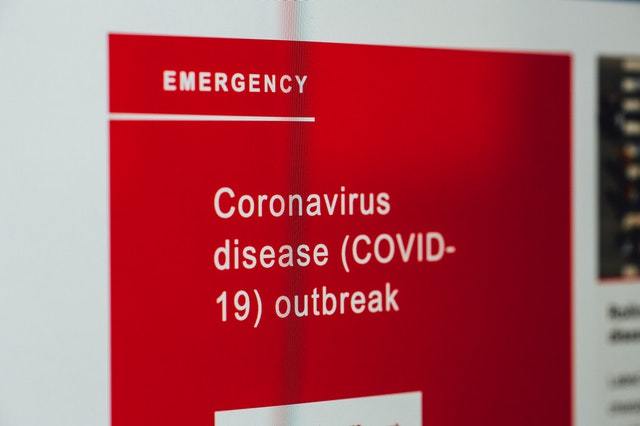
Georgia Governor Signs Bill Into Law Protecting Businesses During the Pandemic
Gov. Brian Kemp signed into law the Georgia COVID-19 Pandemic Business Safety Act that protects businesses and healthcare providers from civil liability for coronavirus-related injury and wrongful death lawsuits.

Safe at Work Act Has Potential to Harm (Not Help) Employees
Republicans in the U.S. Senate are pushing a bill called “The Safe to Work Act” that really should be called “Less Safe to Work Act.” The bill would shield businesses and healthcare providers from coronavirus-related injury lawsuits. It would introduce significant hurdles for employees, customers and patients who want to sue for corona-related negligence.

Returning to School In a Pandemic
There has been a great deal of discussion and handwringing about the idea of kids, teachers, and support staff returning to brick and mortar schools this fall in the midst of a coronavirus pandemic.
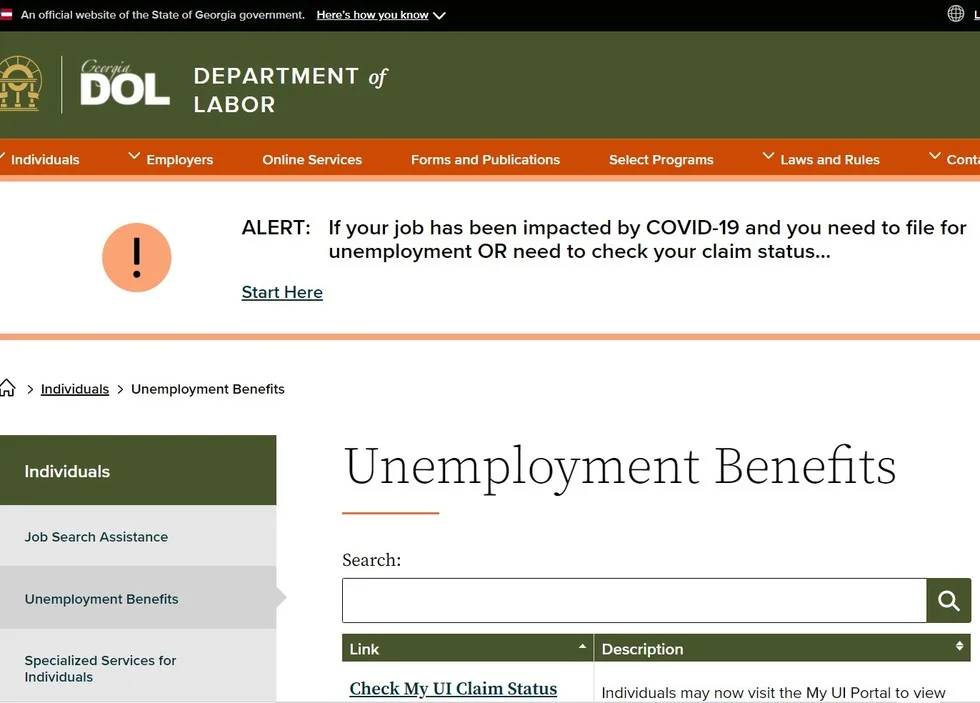
If You Refuse Unsafe Work During the Pandemic, You May Be Able to Get Unemployment Benefits
If you refuse work, normally you are not eligible to receive unemployment benefits. But the U.S. Department of Labor (DOL) has informed state unemployment administrations that workers who refuse unsafe work related to COVID-19 are still eligible for expanded unemployment benefits from the federal government. On the other hand, a worker who lost a job for reasons not related to COVID-19 and can’t find work because work is scarce in the pandemic would not be eligible for the expanded federal benefits.

U.S. Dept. of Labor Issues New Workplace Guidance as Businesses Reopen
The U.S. Department of Labor on July 20 published additional guidance for employees and employers on how the protections and requirements of various workplace laws impact them as businesses reopen during the ongoing coronavirus pandemic.
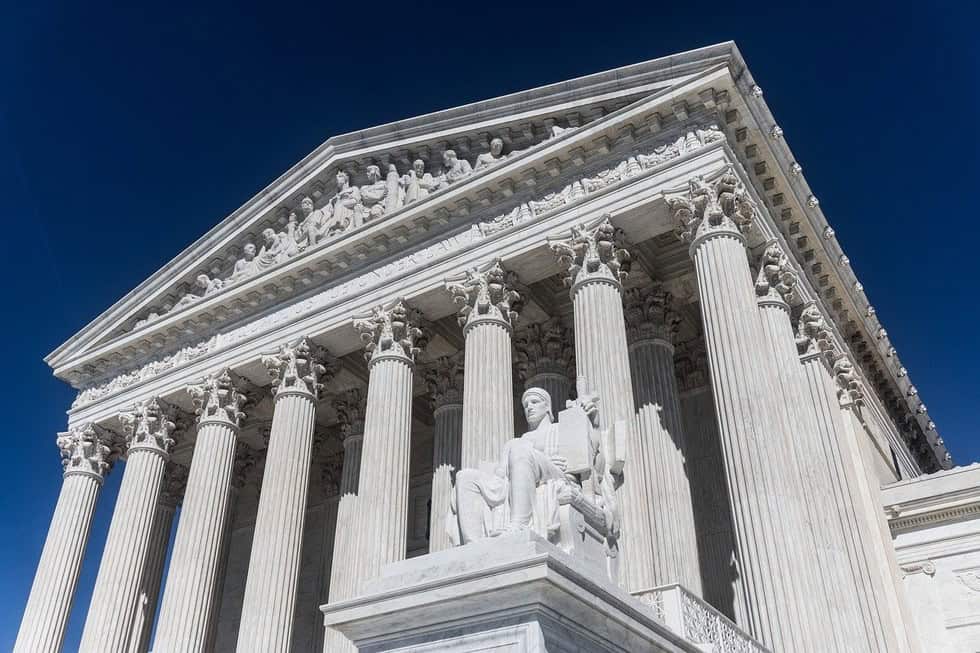
New Supreme Court Rulings Will Impact Some Employees
The United States Supreme Court issued a pair of rulings on July 8 that will impact employees of religious schools and those whose employer objects to birth control on religious grounds.

What Types of Housing Discrimination are Illegal?
The Fair Housing Act of 1968 and the Fair Housing Amendments Act of 1988 prohibit discrimination against renters on the basis of a protected class. These federal laws apply to all aspects of the landlord-tenant relationship, and they provide protections to individuals (and couples) who fall into a wide range of protected categories.
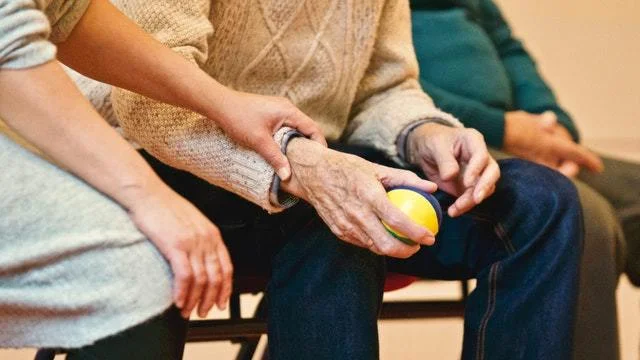
Senior Long-Term Care Reform Passes in Georgia
It was gratifying for me to see that the bill to protect older Georgians living in long-term care facilities passed the Georgia Legislature and was signed into law by Governor Brian Kemp on June 30.

COVID-19 Warnings Good Reminder to Stay Safe at Work
The man many people have come to see as the face of the response to COVID-19, Dr. Anthony Fauci, delivered a disheartening update about the spread of the virus to Congress. The director of the National Institute of Allergy and Infectious Diseases testified today and scolded the U.S. public and federal officials.
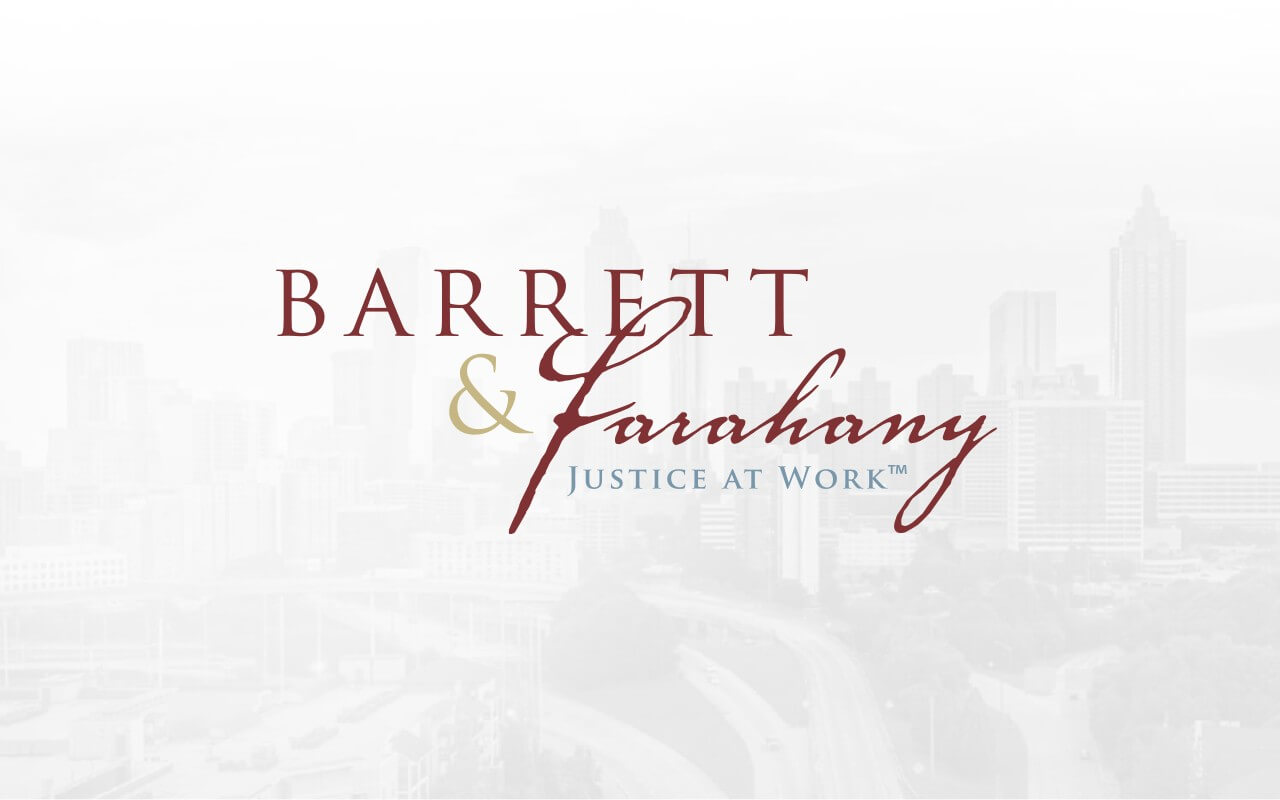
Amanda Farahany Elected as a Fellow in The College of Labor and Employment Lawyers
Firm's Managing Partner Received Organization's Highest Honor Amanda Farahany, managing partner of the law firm Barrett & Farahany, has been elected as...

What are Tip Credits? Should I be Concerned About How my Employer Handles Them?
Under federal law and the laws of most states, employers are allowed to pay employees who earn tips an hourly rate that is below the minimum wage, as long as the income they earn from their tips makes up the difference. This is commonly known as a “tip credit”, because the tips the employee earns are counted toward their employer’s obligation to pay them the minimum wage.
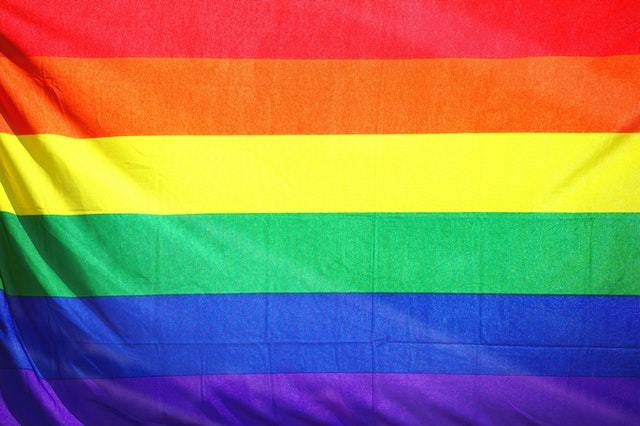
Supreme Court Says Law Protects LGBTQ from Discrimination
In a landmark ruling, the United States Supreme Court today ruled existing federal law banning sex discrimination also protects workers from discrimination based on sexual orientation and gender identity.
The Justices determined that Title VII of the Civil Rights Act covers discrimination based on sexual orientation and gender identity. The High Court, voting 6-3, held that discrimination based on sexual orientation or gender identity is also discrimination based on sex, which is prohibited by Title VII.

Domestic Violence During COVID-19 & Quarantines
At Barrett & Farahany, a cornerstone of our practice is ensuring justice and equality for all people. While we do not handle legal matters connected to domestic violence, we do believe it is important for people to be aware of how the current climate can contribute to or escalate domestic violence and abuse.

What to Do if You Were Exposed to The Coronavirus on The Job
Many states are now beginning to reopen businesses that were shut down due to the COVID-19 pandemic. What to do if you were exposed to the coronavirus on the job. People resuming work will understandably question the safety of this decision for themselves as well as their colleagues.

S.T.A.R.T. the Change You Want to See at Work
The recent protests about police brutality and systemic racism illustrate how understandably emotional these topics are for all of us. With so much unrest over current events, these topics are very likely to find their way into the workplace. At Barrett & Farahany, our mission has always been, and continues to be, positive societal change. We are more concerned than ever for workers and what they may face in their workplaces in the coming days. We want to be certain that employees understand their rights during these volatile times, and we also want to continue to offer guidance on how to deal with workplace concerns in a way that promotes positive change, invokes legal protection, and preserves that protection.

What Are Some of The Most Common Types of Workplace Discrimination?
Employment discrimination may include biased actions of the employer in preferential hiring, job assignment, promotion, wrongful termination, retaliation, compensation, and various forms of harassment. What are some of the most common types of workplace discrimination?

What to Look for as You Return to Work in the Time of Covid-19
As more companies call their employees back to work, many people want to know that it’s safe to return as COVID-19 continues to spread. It seems that guidance from the government for a safe return to work changes frequently. The CDC and OSHA have updated their guidance for employers, and it is a …
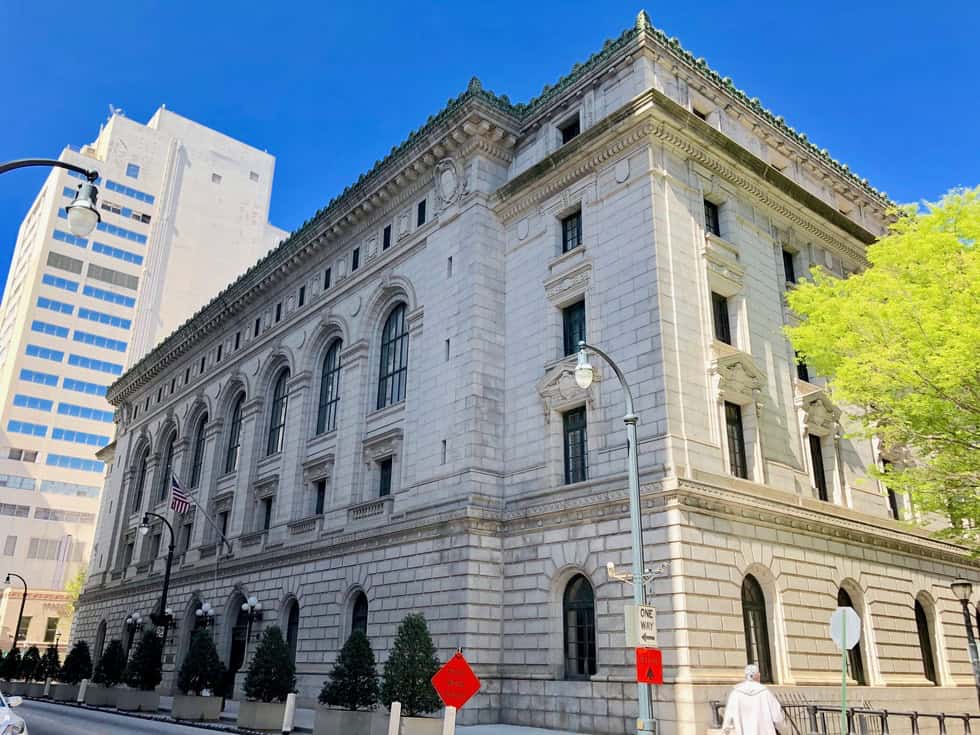
Is There A Danger of Courts Acting as Jurors?
A question many scholars have been asking in recent years is whether judges have put themselves in the place of jurors, violating the Constitutional right to a jury. This has clearly been demonstrated in an age discrimination case I recently handled.

